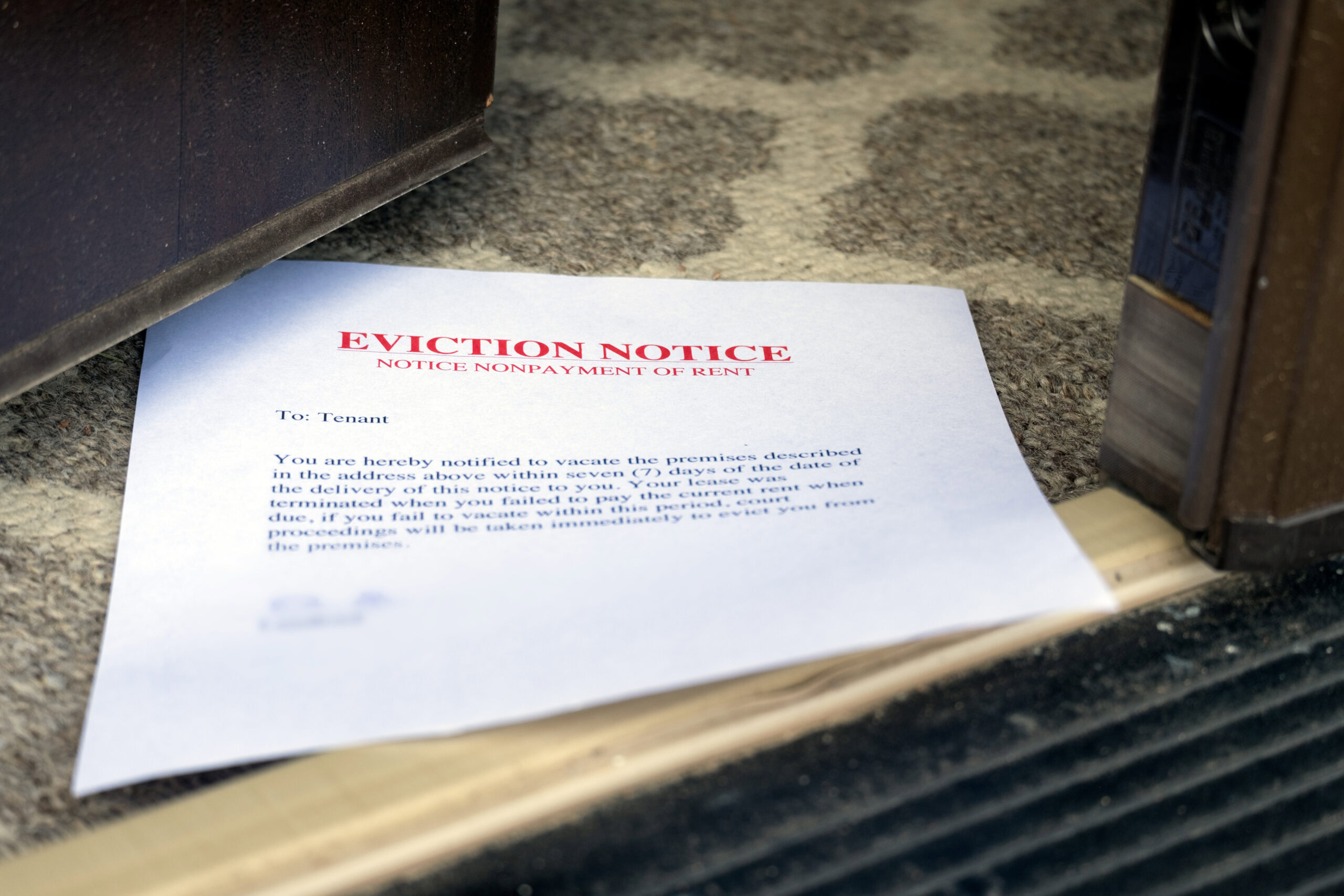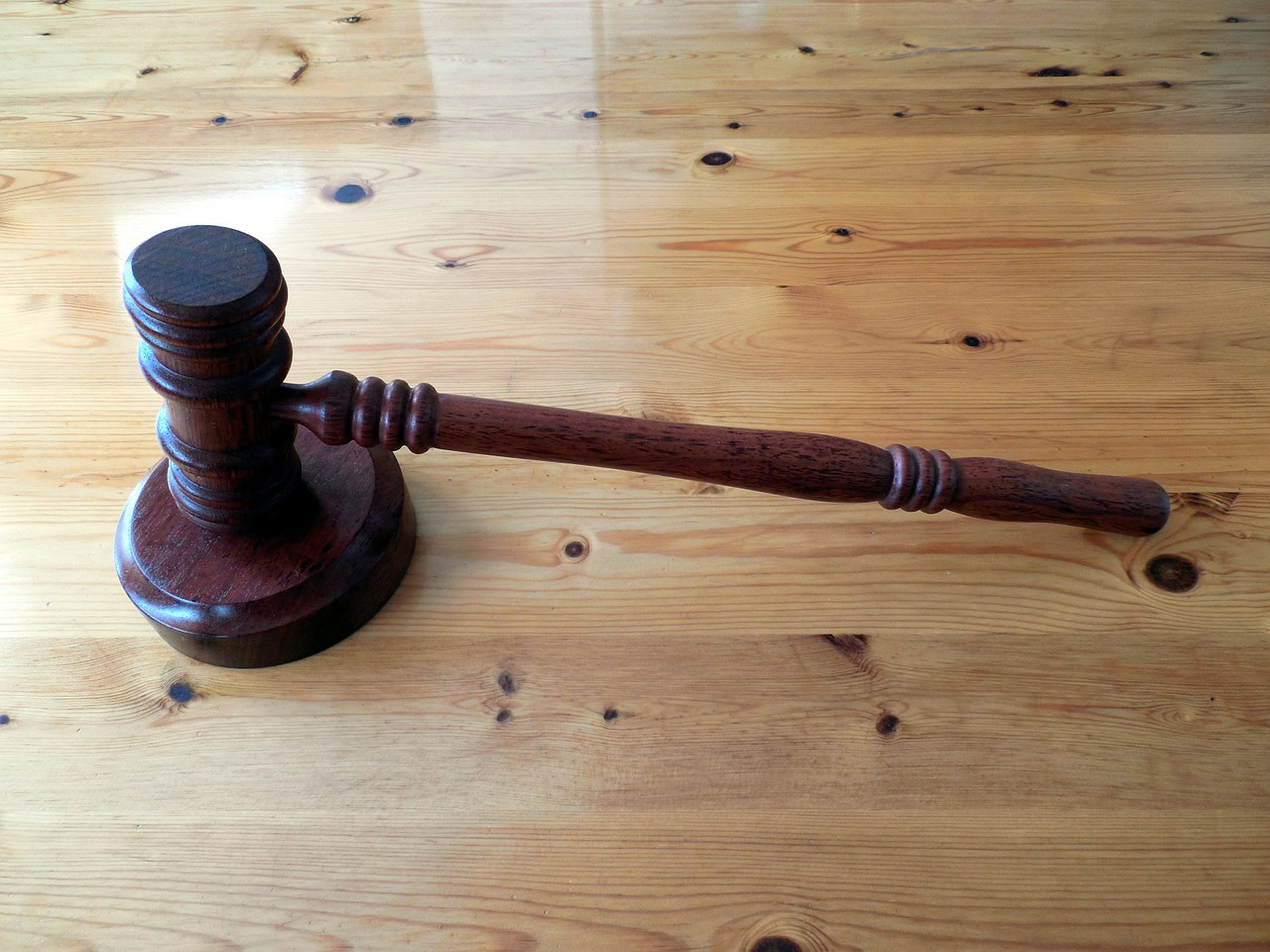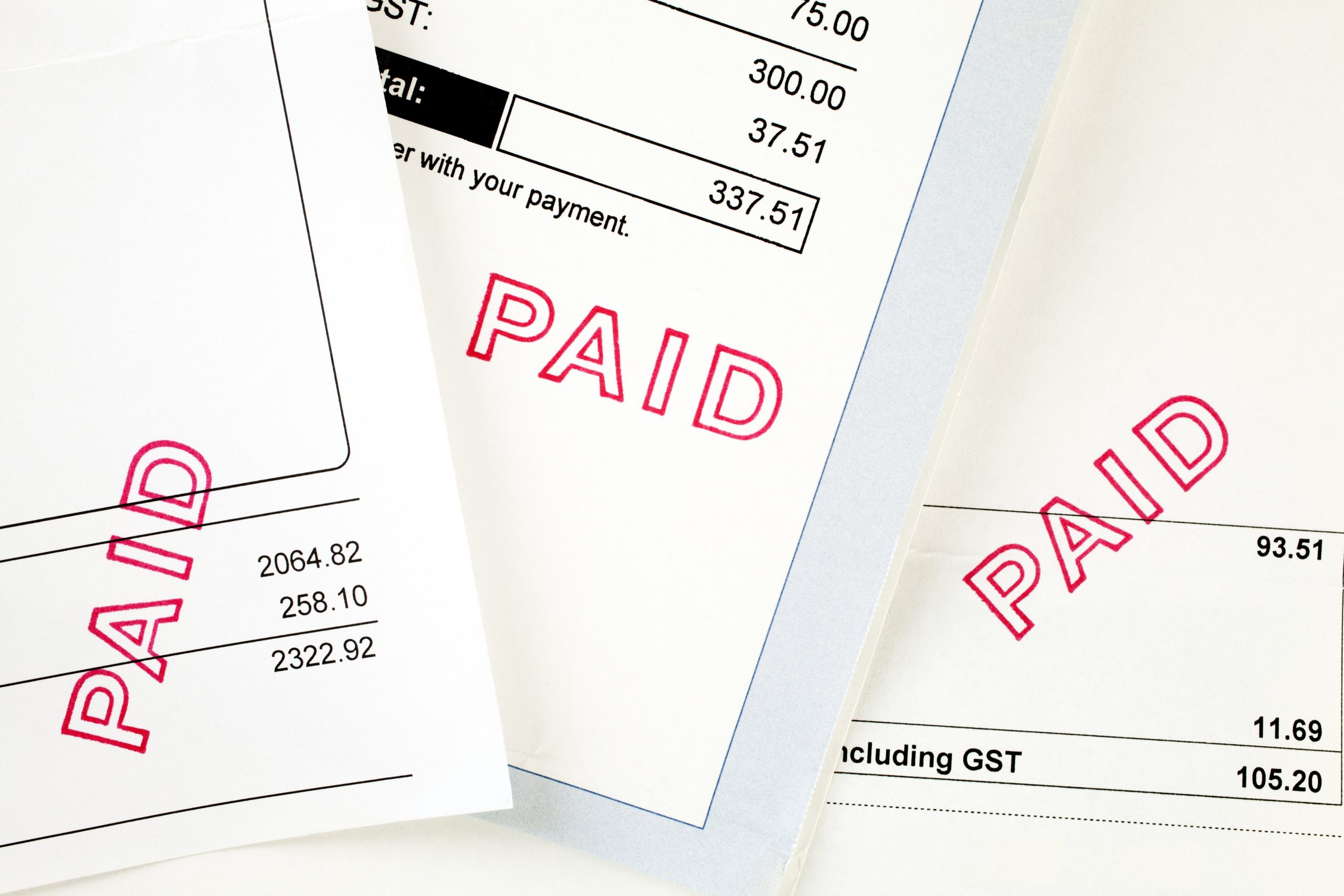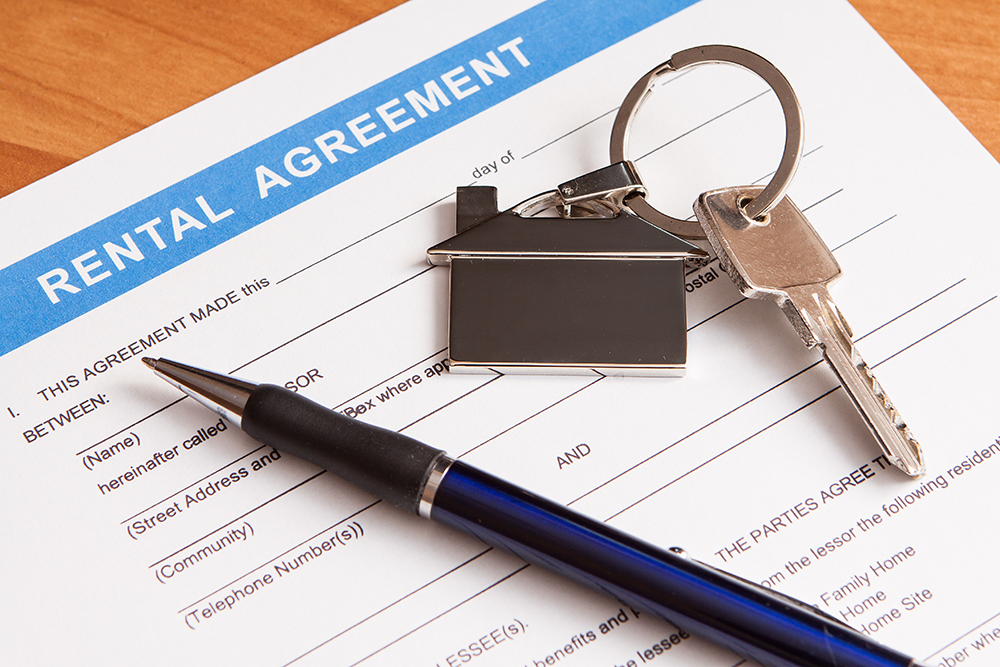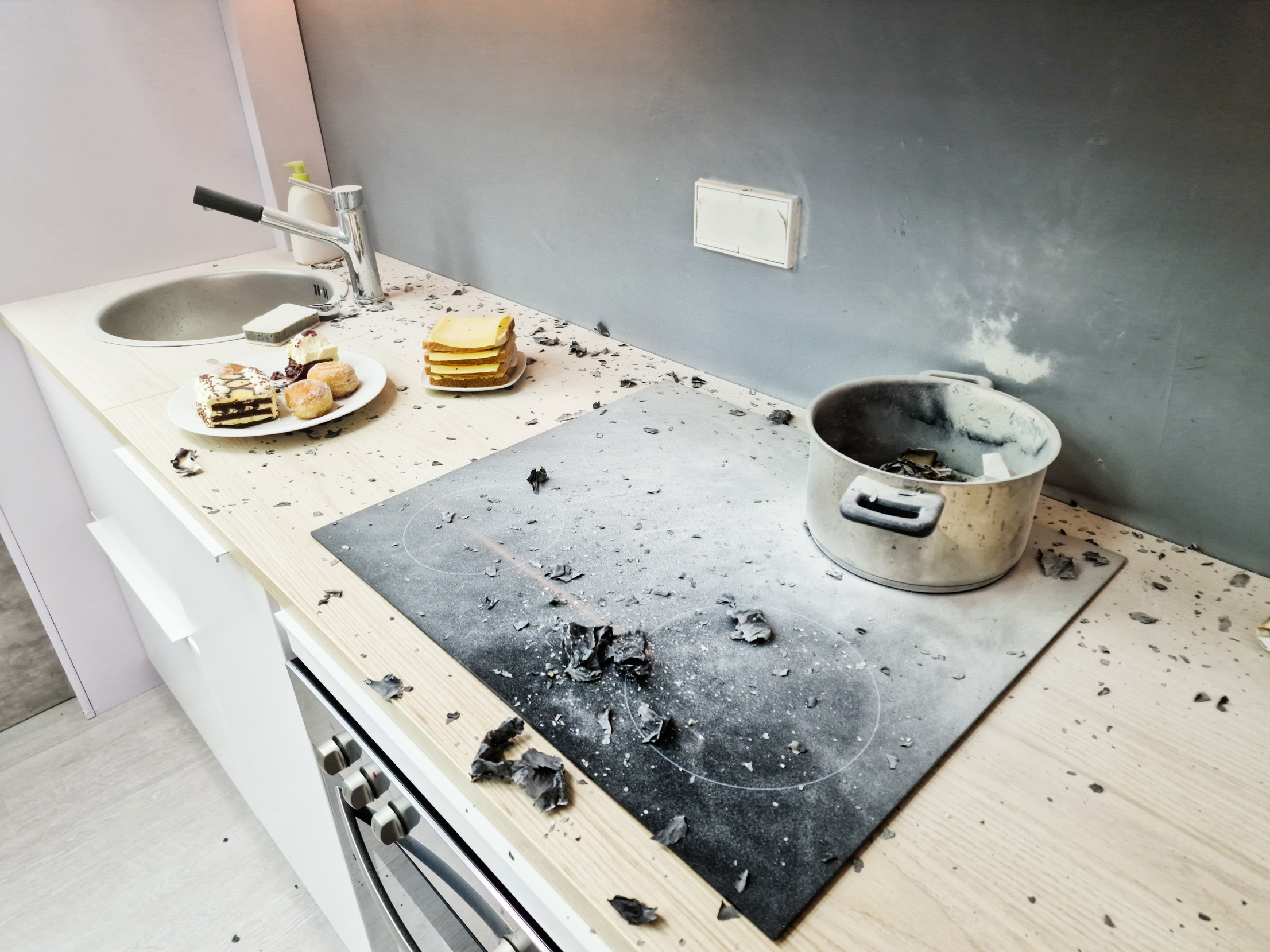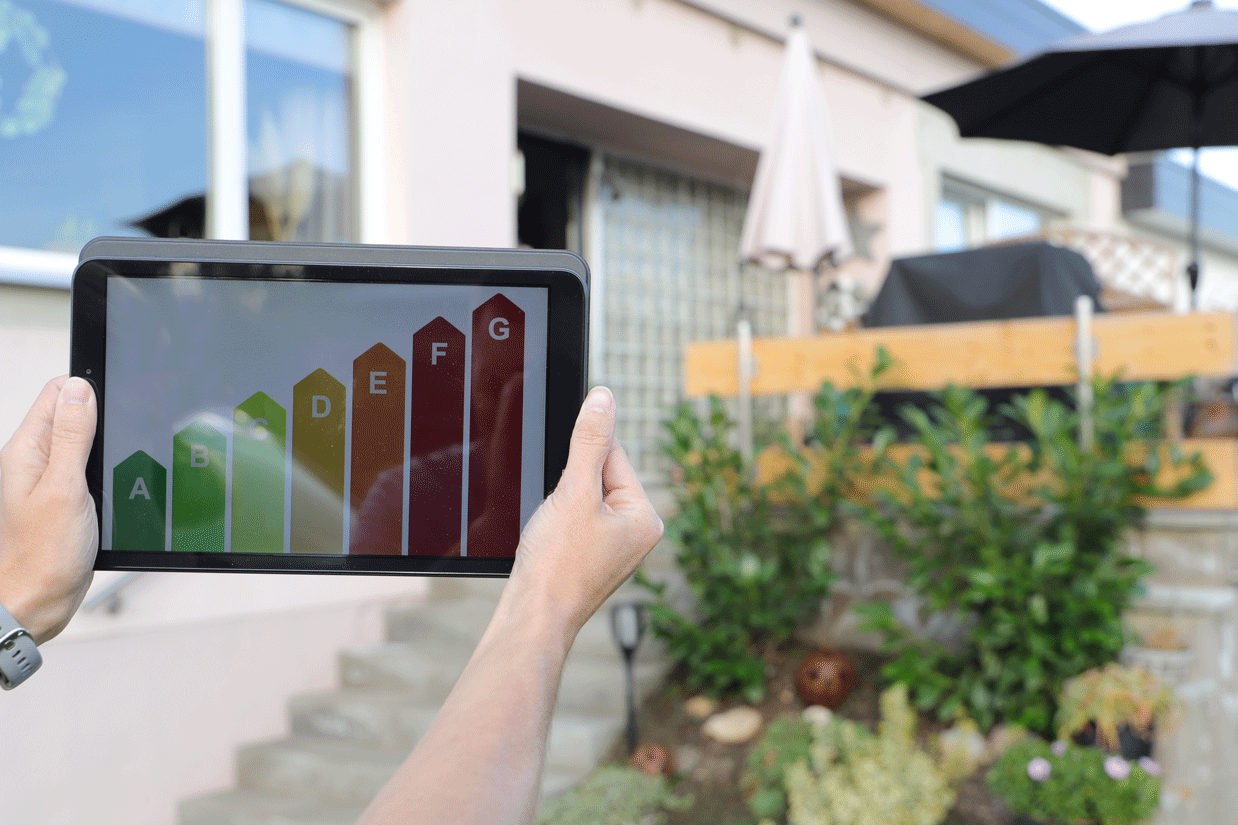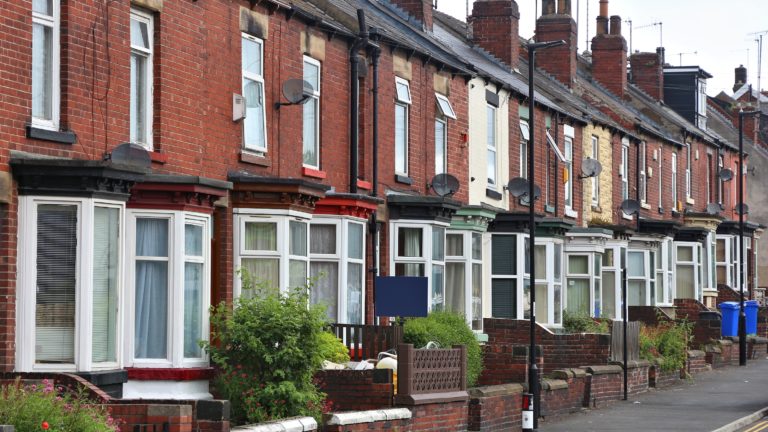If you are a landlord in England, the right to rent scheme means that you have to check that prospective tenants have the right to live in the UK. If you let property to tenants who do not, you could be fined or even receive a prison sentence.
- How does right to rent work?
- How do I do a right to rent check?
- What to do if someone fails a right to rent check?
How does right to rent work?
Right to rent checks, which include checking a prospective tenant’s immigration status, must be undertaken within 28 days before a new tenancy starts. They can be undertaken by:
- Private landlords
- Letting agents / management firms (with written landlord authorisation)
- Live-in landlords renting to a lodger
- Tenants who sub-let (with the landlord’s written permission)
Landlords often use legal firms or tenant referencing services to carry out checks for them.
Is it a legal obligation?
Yes. You must undertake right-to-rent checks on all tenants (and others planning to live in the property) who are aged over 18 who intend to use your property as their only or main home. If you don’t, you could be fined as much as £3,000. You must do a check even if you believe someone is a British citizen.
If you have ‘reasonable cause to believe’ someone doesn’t have the right to live in the UK, but you still rent to them you could get an unlimited fine or even a five-year prison sentence.
Are there any tenants I don’t need to check?
There are some exceptions, but very few apply to private landlords. Examples include hospitals, care homes, hospices, and tenants in mobile homes, as well as student accommodation and tied accommodation that’s provided because of a tenant’s job. You can find a full list of exemptions here.
How do I do a right to rent check?
These are the steps you need to take to undertake a right-to-rent check:
- Find out who the tenants are. Establish exactly who’ll be living in the property, even if they aren’t named tenants. You’ll need to check everyone over the age of 18.
- Request documents. You need to see original documents proving they have the right to live in the UK. Examples include a UK passport / driving licence, an Irish passport, a certificate of registration or naturalisation as a British citizen, or a UK immigration document showing official leave to remain. You can find a list of acceptable documents here. Note that, since 2021, EEA passports (excepting Irish passports) are no longer acceptable proof. EEA citizens must now prove their right to rent in the UK. You can check whether a tenant has the right to rent online if they have an eVisa or have used they UK Immigration app, if they have biometric documentation or they have settled or pre-settled status.
- Check documents are genuine. You must check documents are genuine. You need to see original documents in person or via a video call. Pay attention to the accuracy of Photo ID, the consistency of details such as the date of birth, and also check someone’s permission to stay in the UK hasn’t expired. If names are different on different documents, request supporting evidence such as a marriage certificate or divorce decree.
- Make copies for your records. You need to keep copies of all relevant information for the length of the tenancy, plus one year. Remember to keep each tenant’s data secure by following data protection laws.
Can I do it digitally?
In the future, you will be able to conduct digital right to rent checks for British and Irish citizens. These will be done using Identification Document Validation Technology (IDVT). You can find more information about this here and here.
My tenant doesn’t have the right paperwork. What’s next?
Sometimes prospective tenants will have the right to rent but will lack paperwork. This normally happens when the Home Office has their documents or they’re waiting for the outcome of an appeal. In these cases, use the Home Office landlord’s checking service – you’ll need the person’s Home Office reference number.
What to do if someone fails a right to rent check?
If this happens, you must not let your property to them. If you do you could be fined or imprisoned.
What if someone’s right to be in the UK expires?
If someone’s right to be in the UK expires before the end of the tenancy period, you’ll need to conduct a follow-up check at the appropriate time. If they then fail this, you must tell the Home Office and begin eviction proceedings.
What about subletting?
If you allow existing tenants to sublet, it’s the tenant’s responsibility to do the right to rent checks. They can ask you to do the checks, but you should keep written evidence that they have done so. If the tenant sublets illegally, they are liable for any penalties.
Keep up to date
With frequent law changes, landlords’ responsibilities change often. That’s why it’s a good idea to keep up to date. A good place to start is the Alan Boswell Group landlords’ hub where you’ll find advice and guidance on a range of topics – from your legislative rights under the Housing Act 1988, to tips on how to find good tenants.
This article is intended as a guide only. Please note that legislation does change, it is always best to check the most up to date guidance on gov.uk. Most landlord insurance policies arranged by Alan Boswell Group also have access to a legal advice helpline where policyholders can seek further advice.





